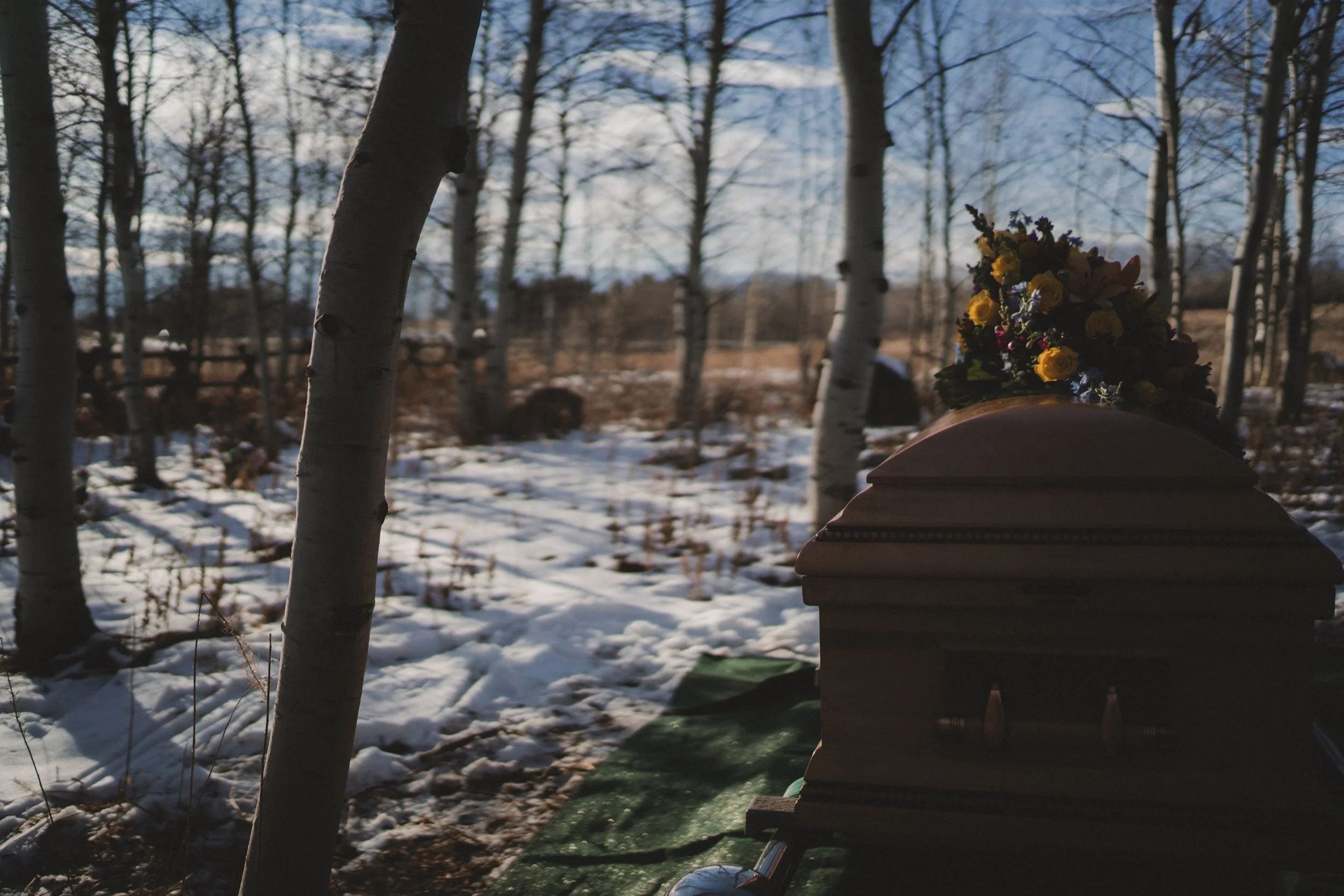Trauma Goblin
Put human nature at the top of the toxin list. We're increasingly aware of industrial chemicals, pollution, and "forever" chemicals in our food. But let's not overlook the deepest poison: most of us would be better off eating plastic than dealing with humanity’s dark side.
Whether it’s mistrust, betrayal, or plain old-fashioned dishonesty, identifying what to avoid in others is a meta-skill most of us have to learn the hard way. No matter the offense, trying to identify common themes can help us avoid the problem, which is the tendency to become what we hate in others. This deep dive into the abyss of human nature is really an attempt to reveal the darker parts of ourselves.
For this exercise, I’ll use the aspect of human behavior that I have the most contention with.
There are some who live among us, waiting for the worst to happen so they can use the tragedy to feed their inner sense of self-importance. This person weaponizes tragedy to avoid accountability. But worse, this person looks for tragedy as a way to elevate their relevance. Loss for this kind of person is a jackpot.
Death wasn't a consumable until I met my first Trauma Goblin. I was confounded by how this person, having only met the deceased in passing, suddenly became overwhelmed by their death. Only in death would this person find interest in a life.
It wasn't until I met my second Trauma Goblin that I understood this as a condition: someone who bases their identity on how to best consume a corpse for attention. I shouldn’t be shocked that Trauma Goblin 2 was introduced to me by Trauma Goblin 1, because, as many of us know, misery loves misery.
The more misery, the more power this type of person believes they wield. They don't carry survivor's guilt; they execute a survivor's gloat, ranking their loss on a competitive scale. They treat grief like a contact sport.
Their pretension is that death is sacred—so sacred that they can’t shut up about it. They pervert every paragraph, post, and conversation by never failing to mention who they have lost. It’s the ultimate name-drop, except it's just a list of those who dropped off a cliff.
What everyone should know about this disease is that it doesn’t wait for death. When tragedy runs dry, they create it. They morph into such a victim of their own abuse that you feel compelled to console them—it’s a honey trap of horror.
They create the trauma to justify their actions.
What temper tantrum isn't excused by mentioning grief? Trauma Goblins learn this defensible position, and then they measure what they can get away with. Their favorites are the real zingers at inconsequential confrontations. Waiter missed something in your order? Maybe mentioning your survival of cancer will help establish your tragic hierarchy. Want to excuse any behavior or outburst? Capture the win by weaving in that you are a widow. Need to deflect all responsibility? Claim a miscarriage.
The hardest part of becoming entangled with a Trauma Goblin is that attempting to escape will trigger another loss. The Trauma Goblin’s greatest fear is irrelevance, and separation will activate their hunger. They will claw at you, intensify their grip, and find any reason to be connected. If they can deepen the wounds, the event becomes an investment strategy. The more tragic, the better the returns.
My hope is that this does not resonate for people reading, that they have avoided this side of human nature up to this point. However, the point is to try and understand why we confront aspects of human nature like this. Everything you try and keep hidden reveals itself in others, because our irritations and disgust are reflective by nature.
I’ve thought intensely about this toxic human attribute—among others—and have also tried to excuse it as a “them” problem. The reality is that I've attracted what I needed to see in myself. For years I blamed uncontrollable aspects of my failures to external events. I saw the world as unfair and this tainted how I saw others. I couldn’t reconcile being unable to affect my life positively and I found comfort in others who exhibited the most extreme form of this delusion.
I had a need for significance but was unwilling to admit it, so it manifest in others who made themselves significant out of trauma. When a series of my own tragic events struck, all I had to do was step inside and become what those around were teaching. The only thing that stopped me was to consider what those I have lost would think about me leveraging their death for relevance.
The emergence of the Trauma Goblin wasn't in finding a way to avoid them; it was the realization that I have the potential to become one. Human nature is a cautionary tale, and sometimes the biggest trap it reveals is the one we set for ourselves.


